Henry Ford was a visionary industrialist who forever changed the world through innovation in manufacturing and transportation. As the founder of the Ford Motor Company and the father of the modern assembly line, Ford democratized the automobile, making it accessible to everyday Americans. His influence extends far beyond cars—his approach to mass production revolutionized entire industries, shaping the modern economy. Ford’s legacy is one of innovation, productivity, and disruption, making him one of the most important figures of the 20th century.
Though his legacy is not without controversy, Ford’s contributions to industry, business, and labor relations remain foundational in understanding how modern society functions. This essay explores his early life, rise in the automobile industry, impact on manufacturing, labor philosophy, global influence, and enduring legacy.
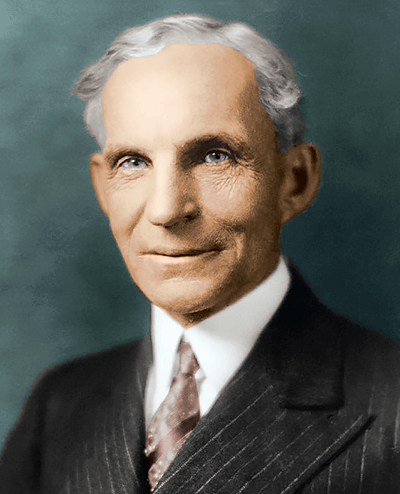
Early Life: From Farm Boy to Mechanical Genius
Henry Ford was born on July 30, 1863, on a farm in Dearborn, Michigan. From a young age, Ford was drawn to machinery and innovation. Unlike many boys of his time, Ford disliked farm life and preferred taking apart watches and building mechanical devices. His father hoped he would take over the family farm, but Ford’s passion for engineering took him down a different path. At age 16, he left for Detroit to become an apprentice machinist. There, he gained valuable experience in various machine shops, developing technical skills that would later serve as the foundation for his automotive empire.
In 1888, Ford returned to Dearborn and married Clara Bryant. He supported his family by running a sawmill and working as an engineer at the Edison Illuminating Company. His time at Edison was pivotal. Not only did it expose him to modern electrical engineering, but it also brought him into contact with Thomas Edison himself. Edison encouraged Ford to pursue his vision of a gasoline-powered vehicle, giving Ford the motivation to bring his automotive dreams to life. By the late 1890s, Ford was already building his first motorized vehicle: the Ford Quadricycle.
Founding the Ford Motor Company and the Birth of the Model T
Henry Ford founded the Ford Motor Company in 1903 after two failed ventures in the automobile industry. His earlier attempts—the Detroit Automobile Company and the Henry Ford Company—had ended due to disagreements with investors and leadership clashes. However, the third time was the charm. With the Ford Motor Company, Ford was determined to build affordable, reliable vehicles for the masses. His goal was not just to create a luxury item for the wealthy but to make the automobile a tool of freedom and mobility for the average American worker.
In 1908, Ford introduced the Model T, a car that would transform American life. The Model T was simple, durable, and—most importantly—affordable. Ford’s slogan “a car for the great multitude” captured his vision perfectly. The car quickly became a best-seller, dominating the market and putting millions of Americans behind the wheel. By 1927, over 15 million Model T cars had been produced. The Model T didn’t just revolutionize transportation—it reshaped the American landscape, economy, and culture, encouraging the growth of suburbs, highways, and mobility-driven industries.
The Assembly Line: Revolutionizing Manufacturing
One of Henry Ford’s most important contributions was his development of the moving assembly line, introduced in 1913. Inspired by techniques from meatpacking plants and other industries, Ford revolutionized how products were made by applying division of labor and conveyor systems. Each worker would perform a specific task repeatedly as the car moved down the line. This innovation drastically reduced production time—from 12 hours per car to just 90 minutes—and lowered costs, making cars more affordable for consumers.
The assembly line also had a massive impact on productivity. Ford’s methods allowed him to produce more vehicles than any competitor, and at lower prices. This gave him a competitive edge and allowed millions of Americans to afford their own cars. Other industries quickly adopted the assembly line method, leading to increased efficiency and mass production in everything from household appliances to airplanes. Though the repetitive work was often monotonous for employees, the assembly line became the standard of modern industrial manufacturing and is still widely used around the world today.
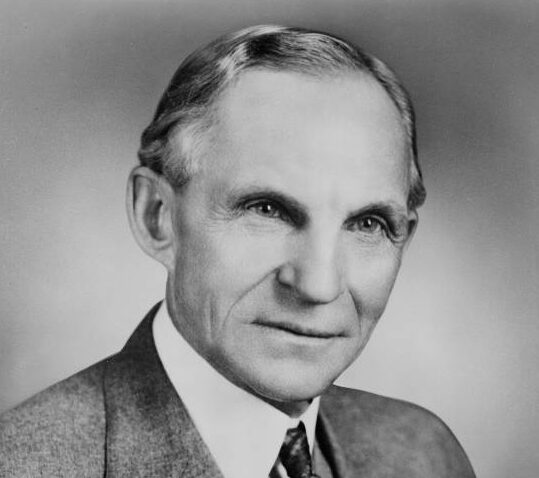
Labor Innovations and the $5 Workday
In 1914, Henry Ford stunned the business world by announcing he would pay his workers $5 per day—more than double the prevailing wage at the time. This move wasn’t purely altruistic; it was a calculated business strategy. High turnover rates and absenteeism were hurting productivity on the assembly line. By offering higher wages, Ford reduced employee turnover, attracted better workers, and created a more stable labor force. He also introduced the 8-hour workday, replacing the grueling 10- to 12-hour shifts common at the time.
Ford’s high wages not only benefited workers but also contributed to the growth of the middle class. His employees could now afford the very cars they were building, creating a self-sustaining cycle of production and consumption. This philosophy, known as “Fordism,” became a model for industrial capitalism in the 20th century. By improving wages, reducing working hours, and increasing productivity, Ford redefined the relationship between labor and management. His labor policies were widely copied and helped shape the development of modern labor standards in both the U.S. and abroad.
Ford’s Influence on Global Industry and Culture
While Henry Ford’s primary impact was in the United States, his influence quickly spread around the globe. Ford Motor Company established plants in Europe, South America, and Asia, spreading not only cars but also industrial methods to other nations. In countries like Britain, Germany, and Japan, Ford’s assembly line model inspired local industries to adopt similar practices. His influence was particularly strong in developing nations, where access to affordable cars and modern manufacturing techniques spurred economic development.
Culturally, Ford’s innovations changed the way people lived. The automobile brought unprecedented freedom and flexibility to individuals and families. It changed how people worked, where they lived, and how they spent their leisure time. Suburbs expanded, road trips became popular, and industries such as motels, gas stations, and fast-food restaurants emerged to serve a mobile population. Henry Ford didn’t just invent a car—he helped invent modern consumer culture. His ideas about production, efficiency, and market expansion became central to 20th-century capitalism.
Controversies and Criticisms
Despite his many achievements, Henry Ford’s legacy is not without controversy. One of the most serious criticisms relates to his anti-Semitic views. In the 1920s, Ford published a series of articles in his newspaper, The Dearborn Independent, that promoted harmful and false stereotypes about Jewish people. These writings were widely condemned and later disowned by Ford himself, but they caused considerable damage and remain a dark stain on his legacy. In later years, Ford issued a public apology, but the incident remains a serious blemish on an otherwise remarkable career.
Ford was also criticized for his resistance to labor unions. Although he paid high wages, he opposed collective bargaining and employed aggressive tactics to suppress union activity. His private security force, led by Harry Bennett, was known for its intimidation and violence toward labor organizers. It wasn’t until 1941 that the Ford Motor Company finally recognized the United Auto Workers union after years of pressure. These labor disputes highlight the contradictions in Ford’s labor philosophy—while he improved conditions for many, he remained deeply opposed to workers organizing independently.
Lasting Legacy and Conclusion
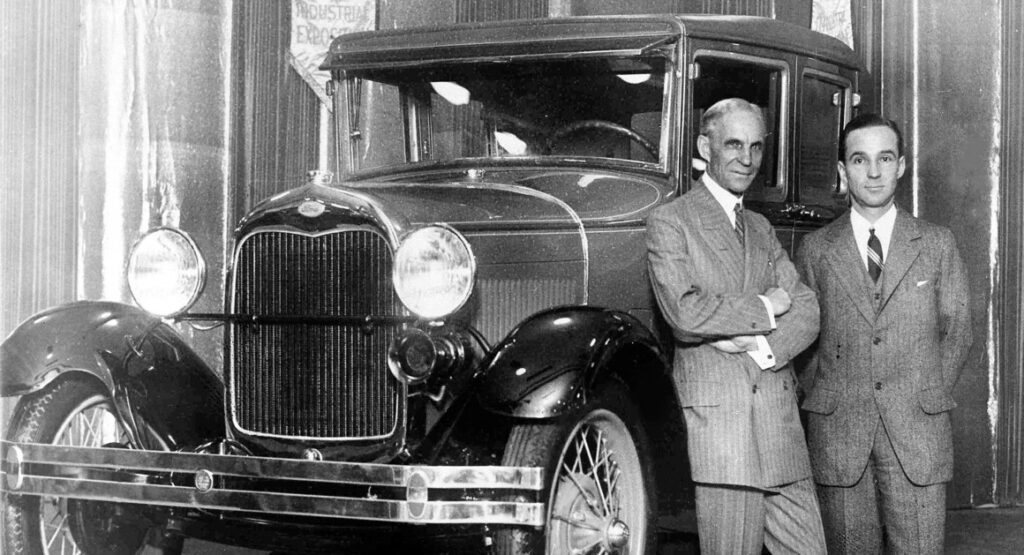
Henry Ford passed away in 1947, but his legacy continues to influence the world in profound ways. The Ford Motor Company remains one of the largest and most influential automakers in the world. The Model T and the moving assembly line are still celebrated as milestones in industrial history. Ford’s innovations laid the groundwork for the mass production systems used in everything from electronics to food service, making him one of the most impactful inventors of all time.
Perhaps most importantly, Henry Ford’s life story illustrates how innovation, vision, and determination can reshape entire societies. He didn’t invent the car, but he made it accessible. He didn’t invent the assembly line, but he perfected it. Through these achievements, he empowered millions, accelerated progress, and forever changed the way people live and work. Despite the flaws and contradictions in his character, Ford’s influence is undeniable. He is remembered not only as an automotive titan but as one of the architects of the modern industrial world.

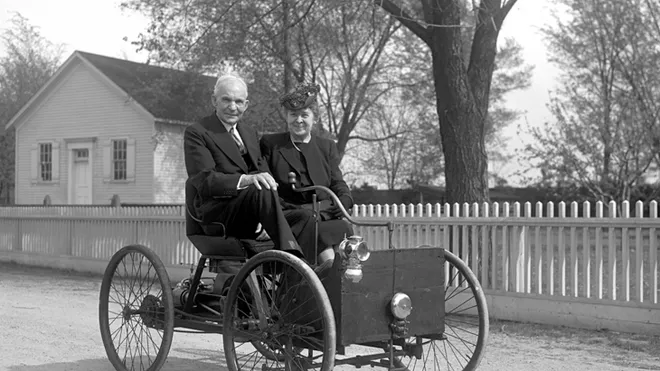

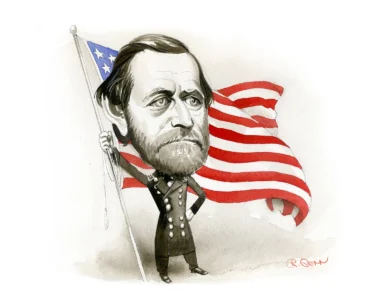

Add comment